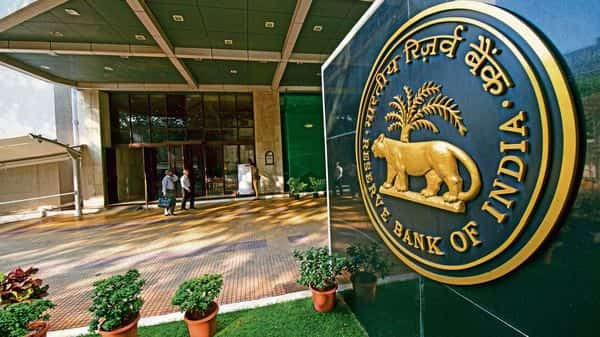As the central bank of the world’s second-largest internet market imposed a new directive. for how recurring payments are processed in this country, Apple, Sony, Google, Zoom, PayPal, and dozens of other technology companies, as well as dozens of banks, have warned customers and partners in India to expect an increase in rejected transactions.
The RBI has issued a directive that requires banks, financial institutions, and payment gateways to obtain additional approval from users for auto-renewable transactions worth more than 5,000 Indian rupees ($67) by providing notices, mandates, and Additional Authentication Factors (AF). The directive affects all those transactions for debit and credit cards.
The directive, which was first proposed in 2019, was supposed to go into effect in April of this year, but it was postponed until September 30 after banks and other stakeholders said they weren’t ready to comply.
Before deducting amounts for recurring payments, banks must now obtain account holder approval. The Reserve Bank of India (RBI) announced new self-debit rules on Friday as the next step in securing digital credit or debit card transactions. Recurring automatic payments for various top-ups and bills must now be protected with additional authentication factors under the new rules (AFA).
All banks, including RRBs, NBFCs, and payment gateways, have been ordered by the central bank to stop processing recurring domestic and cross-border transactions using cards, prepaid payment instruments (PPI), or Unified Payment Interfaces (UPI) without AFA.
Before deducting funds for certain purposes, banks must now get account holders’ permission. The new guidelines require banks to send customers a one-time password for recurring payments over $5,000.
Because banks were not yet ready to implement AFA, the deadline had to be pushed back several times. Recurring payments to utility service providers, as well as recharging of telephone, DTH, and OTT services, are all covered by the new car rule. The RBI directive on implementing AFA will cover all of these payments because they are now made through recurring deductions from registered bank accounts, UPI IDs, or digital wallets.
The new rules have been communicated to most banks’ customers. If you missed the announcement, here are five things to know about the RBI’s new automatic billing rules.

Early Accountholder Alert
Before deducting the amount from the registered account for recurring payments, banks must notify account holders 24 hours in advance. The reason for this is to ensure that customers are fully informed about all transactions involving their accounts. The bank will not be able to forward the money to the service provider unless the customer has acknowledged and completed the recurring payment.
One-Time Registration
If customers want to complete future transactions without additional authentication factors, they must first complete the registration process. Users will be able to make future transactions without having to repeat AFA, despite the fact that it appears to be an extra step. They can also specify a transaction’s validity period in the future.
OTPs For Auto-Debit
In accordance with the new direct debit rules, the bank must send a one-time password (OTP) to the account holder for recurring payments exceeding $5,000.
Choice To Opt-Out
Customers are not obligated to use AFA for recurring payments and can opt out at any time. The pre-debit notification that the bank will send to the customer to confirm automatic billing will also include a link that the customer can use to disable AFA. However, this will negate the additional security it provides.
Auto-Debits out of AFA
The new automatic debit rules will not affect permanent instructions to use an existing bank account for mutual funds, SIPs, or Equivalent Monthly Installment (EMI) for loans.